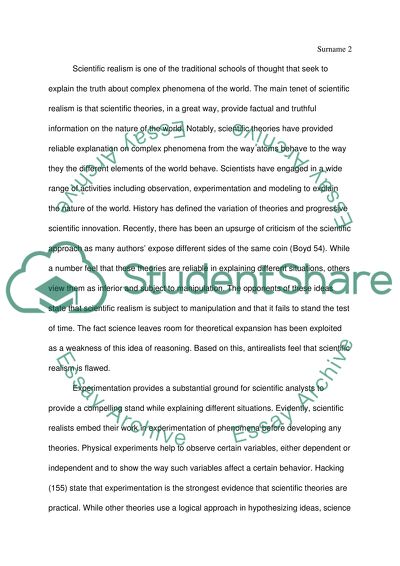Cite this document
(The Logical Nature of Scientific Realism Essay Example | Topics and Well Written Essays - 1750 words, n.d.)
The Logical Nature of Scientific Realism Essay Example | Topics and Well Written Essays - 1750 words. https://studentshare.org/philosophy/1670638-the-logical-nature-of-scientific-realism
The Logical Nature of Scientific Realism Essay Example | Topics and Well Written Essays - 1750 words. https://studentshare.org/philosophy/1670638-the-logical-nature-of-scientific-realism
(The Logical Nature of Scientific Realism Essay Example | Topics and Well Written Essays - 1750 Words)
The Logical Nature of Scientific Realism Essay Example | Topics and Well Written Essays - 1750 Words. https://studentshare.org/philosophy/1670638-the-logical-nature-of-scientific-realism.
The Logical Nature of Scientific Realism Essay Example | Topics and Well Written Essays - 1750 Words. https://studentshare.org/philosophy/1670638-the-logical-nature-of-scientific-realism.
“The Logical Nature of Scientific Realism Essay Example | Topics and Well Written Essays - 1750 Words”. https://studentshare.org/philosophy/1670638-the-logical-nature-of-scientific-realism.


